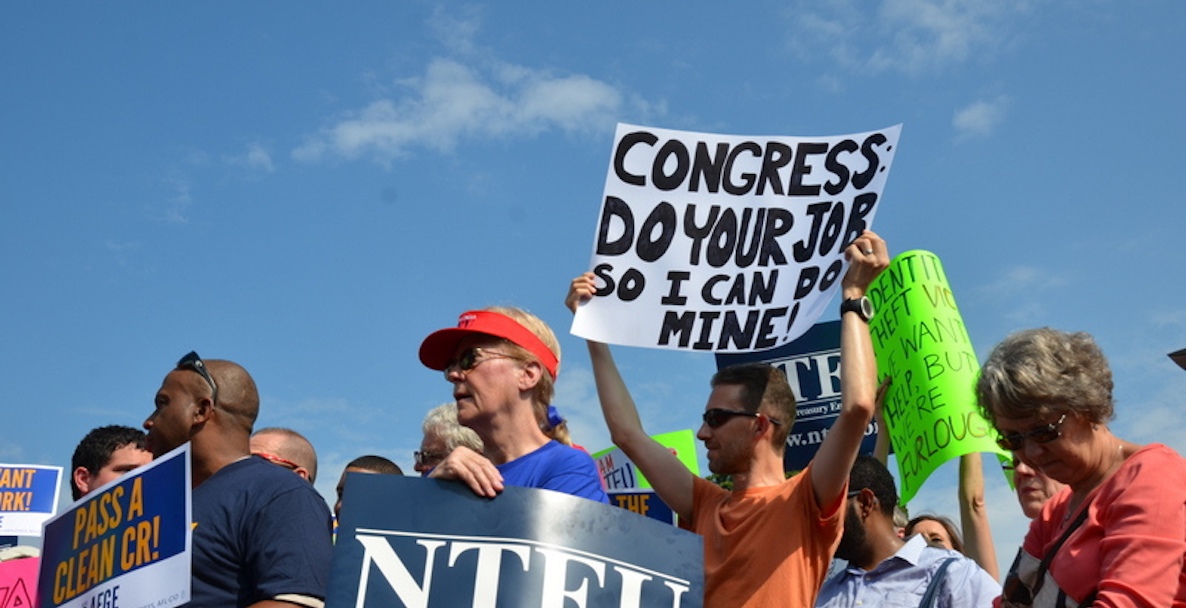When State Treasurer Joe Torsella was growing up, he was surrounded—in his small northeastern Pennsylvania town—by people who knew and kept an eye on him, and by aunts and uncles who celebrated every birthday and special occasion by gifting him not toys or cash but a $25 bond for his future education. “I thought it sucked,” Torsella recalls.
But the message it sent has stayed with Torsella all these years: You have possibilities, and you have a network of people looking out for you.“I think,” Torsella now says, “we can do that for everyone in Pennsylvania.” That’s why the first term treasurer this month has launched, or helped to launch, two different initiatives to help moderate income Pennsylvanians get ahead, in the short- and long-term.
Last Friday, Torsella joined city officials and community organizations in announcing this year’s “You Earned It Philly” campaign, to remind moderate income Philadelphians that they could get an average of $2,500 in cash by filing an Earned Income Tax Credit with the IRS by April 15th. Part of a 30-year-old federal EITC program, the money is due to any working American making between $15,000 (for a single person) and around $54,000 (for a family).
Children with $1 to $499 in savings are four times more likely to enroll in college; those with over $500 are five times more likely to graduate than those with no savings. And having a savings account is an incentive to keep on saving.
In Philadelphia last year, around 188,000 people got EITC benefits; another 50,000 who qualified never applied for the money. That means thousands of dollars were left in Washington’s coffers rather than being spent in Philly, by Philadelphians, for the things they need. As a whole, city residents could get back around $130,000 if everyone filed. At minimum, individuals who qualify could get around $500; the highest return is over $6,000.
“We have an economy where middle class families are struggling to get ahead and stay afloat,” Torsella said during the announcement. “This can pay for the down payment on a needed car, a couple mortgage payments, a vacation people didn’t think they’d be able to take, tuition for their children. It can make a real difference in the lives of families who claim it—but they have to claim it.”
Torsella has been part of spreading the word about the EITC program since he became state treasurer three years ago. It’s an idea he says he loves for two simple reasons: First of all, it’s easy; just file, and 10 days later, a refund can appear in your checking account. (Caveat: This may depend on the government staying open.) Second, study after study across the political spectrum have shown that EITC is the single most effective government-sponsored poverty relief program that exists.
That speaks to the precarious financial situation of many people here and across the country: More than 75 percent of Americans say they live paycheck to paycheck. One catastrophe—a medical bill, a broken refrigerator, a government furlough—is enough to send them into a financial spiral from which it’s hard to recover. In some cases, it’s enough to send them—people with jobs, mind you—into poverty. A few hundred dollars, or a few thousand, can be enough to keep that from happening.
That’s why the City’s Revenue Department, along with community partners United Way, the Campaign for Working Families and Ceiba, are making a concerted effort to spread the word about EITC, and to help Philadelphians file for their benefits. Starting last week, 24 free tax filing clinics have opened in all parts of the city, offering services from IRS-qualified staff in multiple languages; they can help people both file their income taxes and for the credit. (The website YouEarnedItPhilly.com has all the relevant info.)
And it’s why Torsella has said he wants to figure out a way to make the 30-year-old benefit even more widespread in Pennsylvania; employers in several states (and, actually, in Philadelphia) for example, are required to alert workers about the benefit, something that might help increase participation statewide, as well.
But Torsella’s real passion, hearkening back to his youth, is the thing with which he launched his state treasurer bid, and has, as he enters his third year in office, become a reality: Keystone Scholars. As of January 1 of this year (thanks to bipartisan legislation last June), the state treasury is investing $100 for every baby born in Pennsylvania, to be used as an adult for post-secondary training.
Left untended, that money will grow to $400 when the child is 18. Torsella’s hope, borne from research, is that having the account will encourage families to save regularly through a 529 College and Career Savings Program; at $25 a month, the 529 will be worth $10,000 in 18 years.
That money can be used for any type of post-post-secondary education—Torsella added the “Career Savings” piece onto what had been just 529 College Savings—until the child is 29 years old. After that, the money reverts back to the state. In total, with about 140,000 babies born in the state each year, the annual investment is estimated to be about $14 million. But none of it comes from the tax rolls.
Before launching a pilot in six Pennsylvania counties last year, Torsella ensured that all the funds would come from either surplus earnings from the state’s existing 529 funds or private philanthropy—starting with his own donation of his pay raise in 2017. Now, the Treasurer is trying to expand the pool of investors, to possibly increase the amount of money able to be invested for some low-income Pennsylvanians.
It is a long game, with a long future in mind. Right now, only about 38 percent of Pennsylvanians attend any post-secondary training, at a time when, according to a Georgetown University report, 95 percent of post-recession jobs have gone to those with BAs, and an oft-cited study says 65 percent of new jobs by 2020 will require at least a two-year associate’s degree.
In Philly, only 26 percent of residents have bachelors degrees, slightly lower than statewide, putting Pennsylvania 24th in the country in terms of college. Perversely, though, Pennsylvania also has the highest amount of college debt in the country, and ranks 48th as far as college affordability, confounding statistics that point to a harsh reality of our higher education system: People who start college but are unable to finish are still left in debt—but without the higher-paying jobs to pay it off. As Temple professor Sara Goldrick-Rab, whose groundbreaking work in this area is starting to gain some traction, puts it: “Debt with no degree is the absolute killer.”
Study after study across the political spectrum have shown that EITC is the single most effective government-sponsored poverty relief program that exists.
Ten thousand dollars is not going to put a Pennsylvanian through four years of college. But, like with the EITC boost for household costs, it can help to defray the expenses that go along with trying to get a degree: On-campus housing and food, books and other education costs that loom large even after student loans and scholarships pick up tuition costs.
More than that, Torsella points to the psychological effects of saving for college. Right now, only 8 percent of Pennsylvanians take advantage of the state’s 529 plans, a tax-free way to invest in college throughout a child’s life—and most of those, Torsella notes, are already families for whom college is within reach.
According to research from The Center for Social Development, children with $1 to $499 in savings are four times more likely to enroll in college; those with over $500 are five times more likely to graduate than those with no savings. And having a savings account is an incentive to keep on saving. “If you can change that number of people going to college, it can make a big difference in the middle class, and start down the path towards evening the playing field,” Torsella says.
Keystone Scholars plants an idea in the mind: We are investing in your future, so you can invest in your future. It is also, perhaps, a signal of political hope. It’s rare these days for politics to be about kitchen table needs—things that affect real people’s ability to live their lives, beyond border walls, or federal indictments, or who can do what with their bodies and their health.
Torsella ran for office with a concrete idea to raise people’s prospects; he proved the idea could work, and got support from both sides of the aisle to make it happen. Now, more Pennsylvanians have more opportunity for a slice of a real future. It is the way government is supposed to work—for the people, not in opposition to them.
“We can find ways to come together on these sorts of fixes,” Torsella says. “We just need to be innovative and creative about it.”
![]()
RELATED
Photo via Max Pixels






